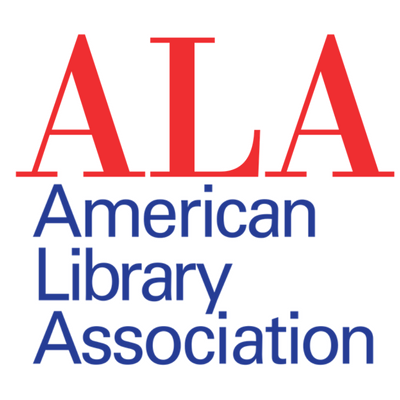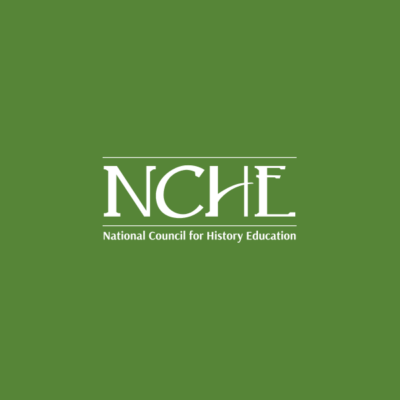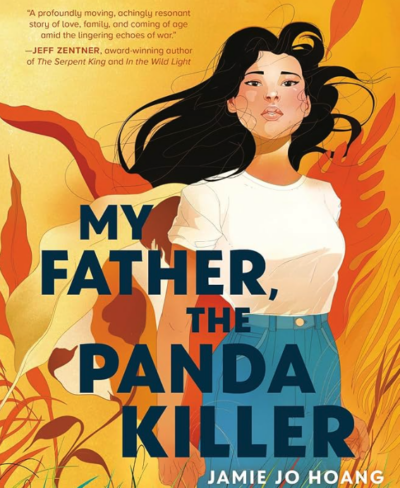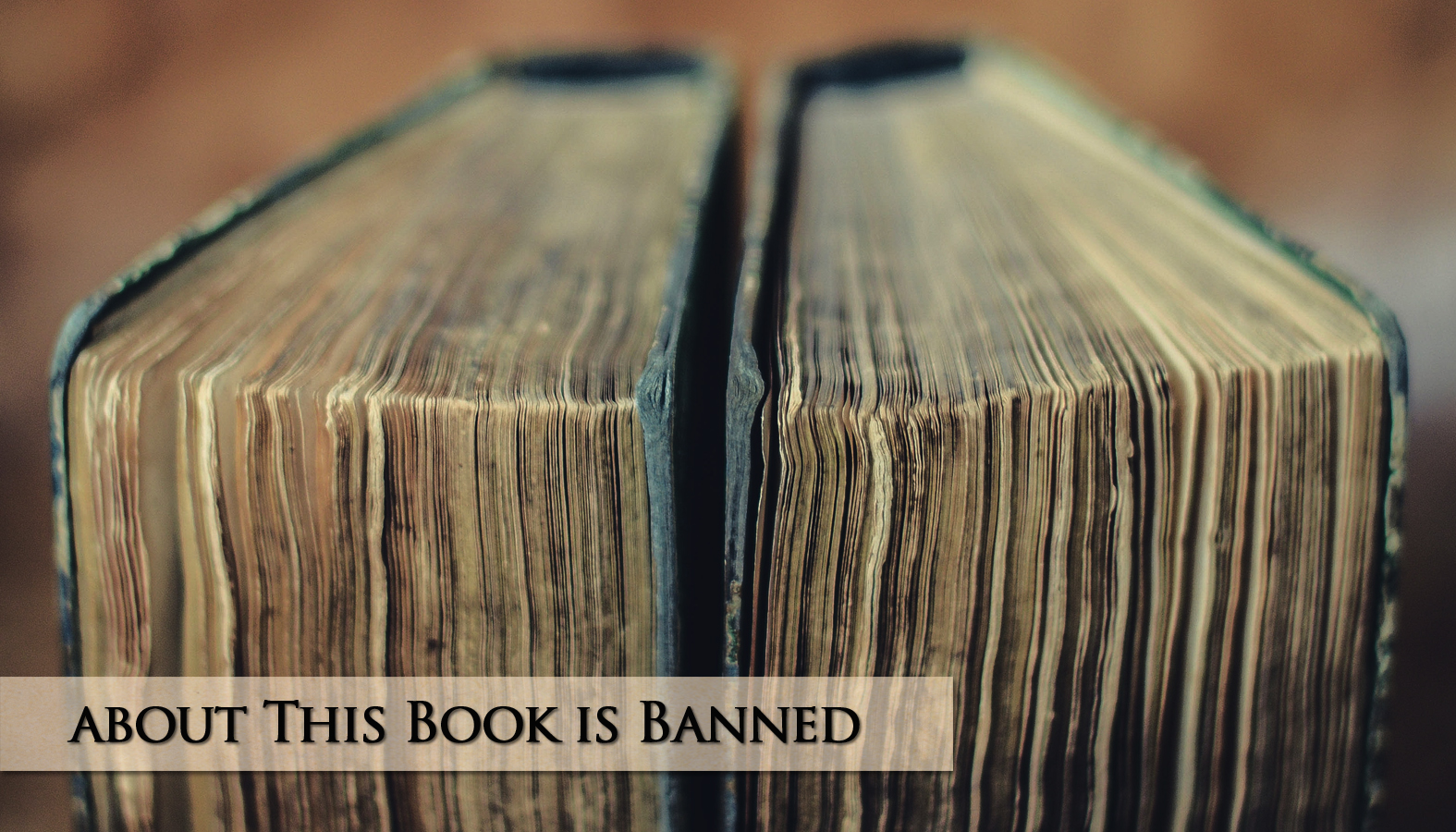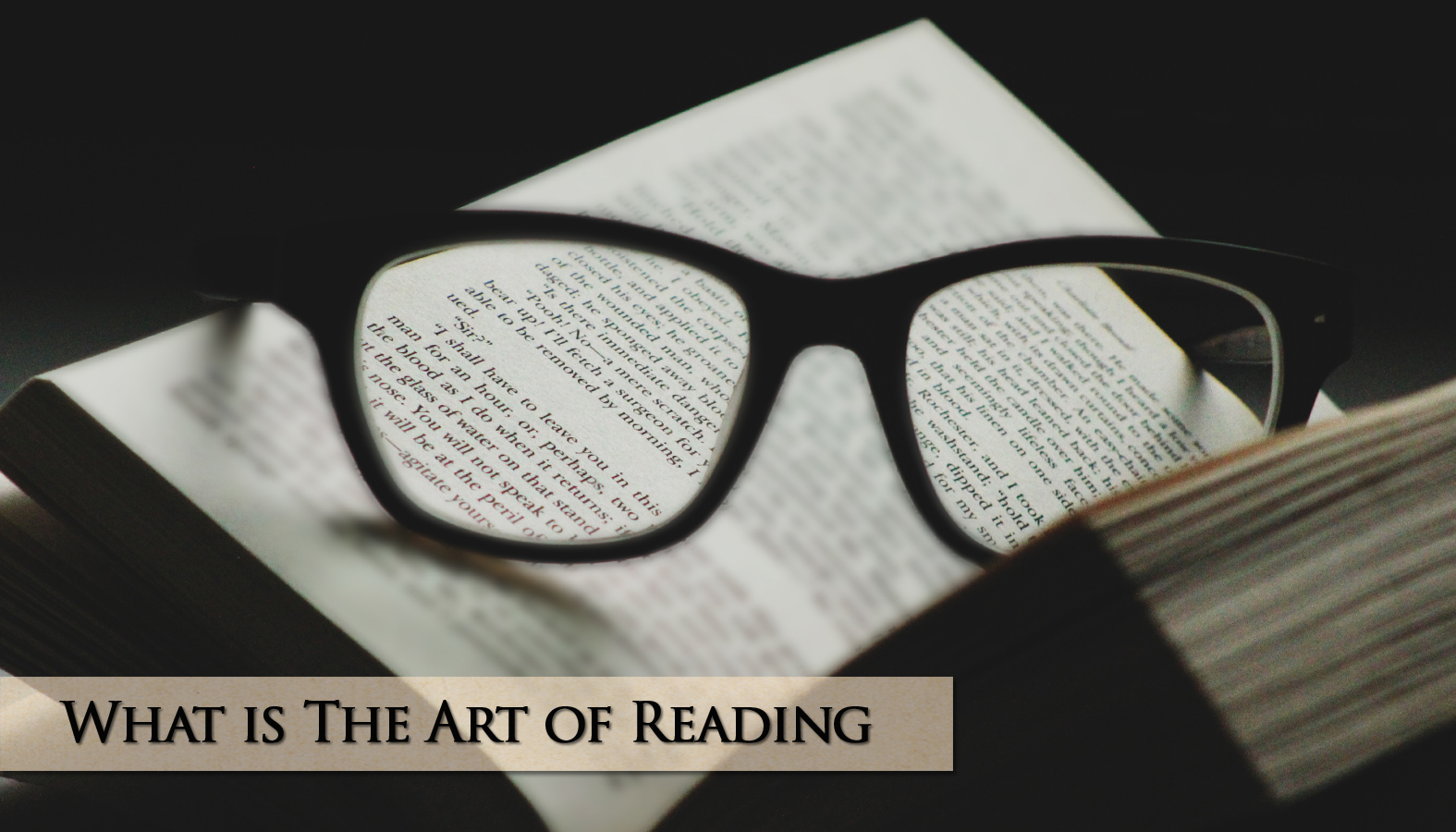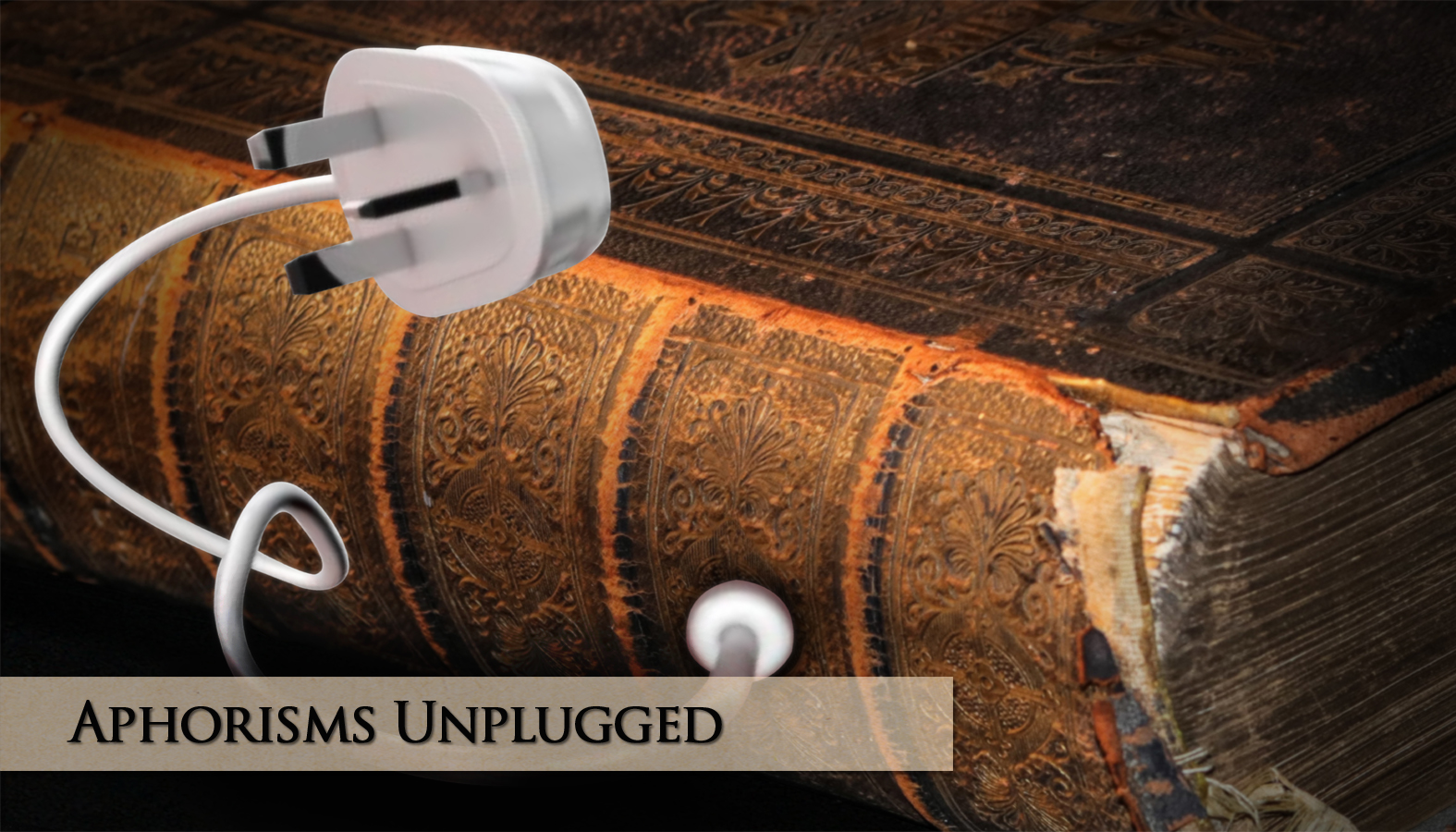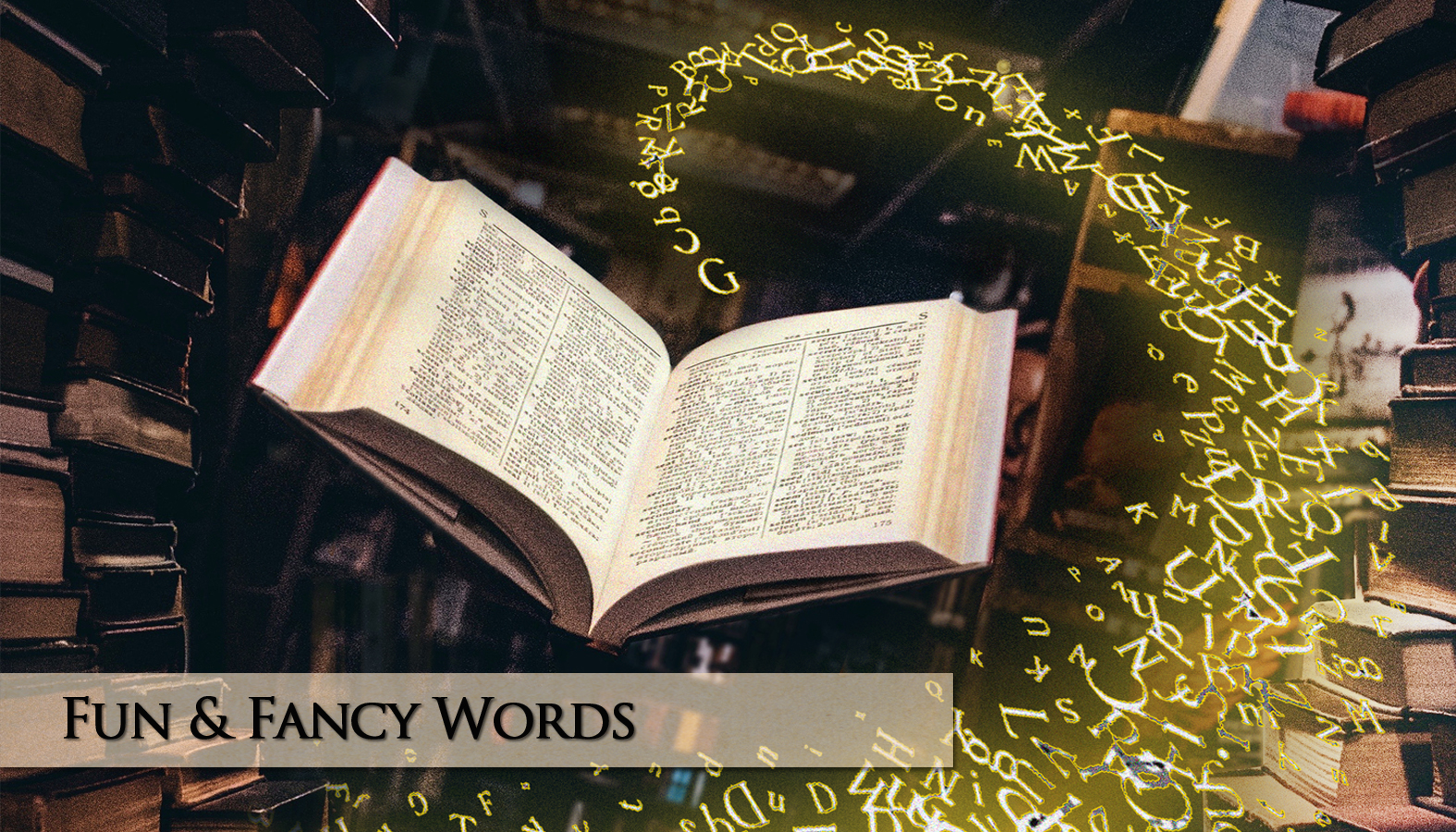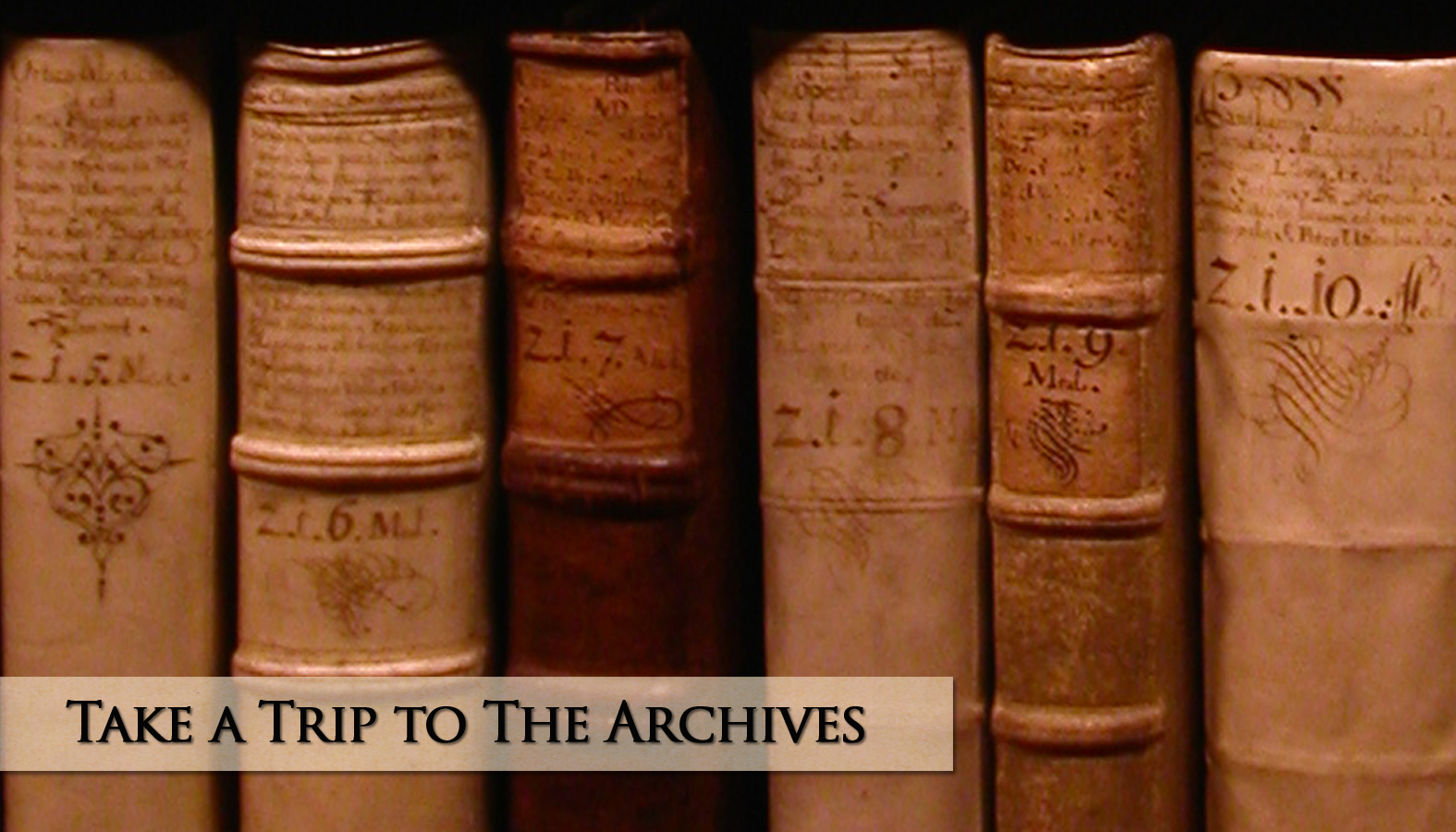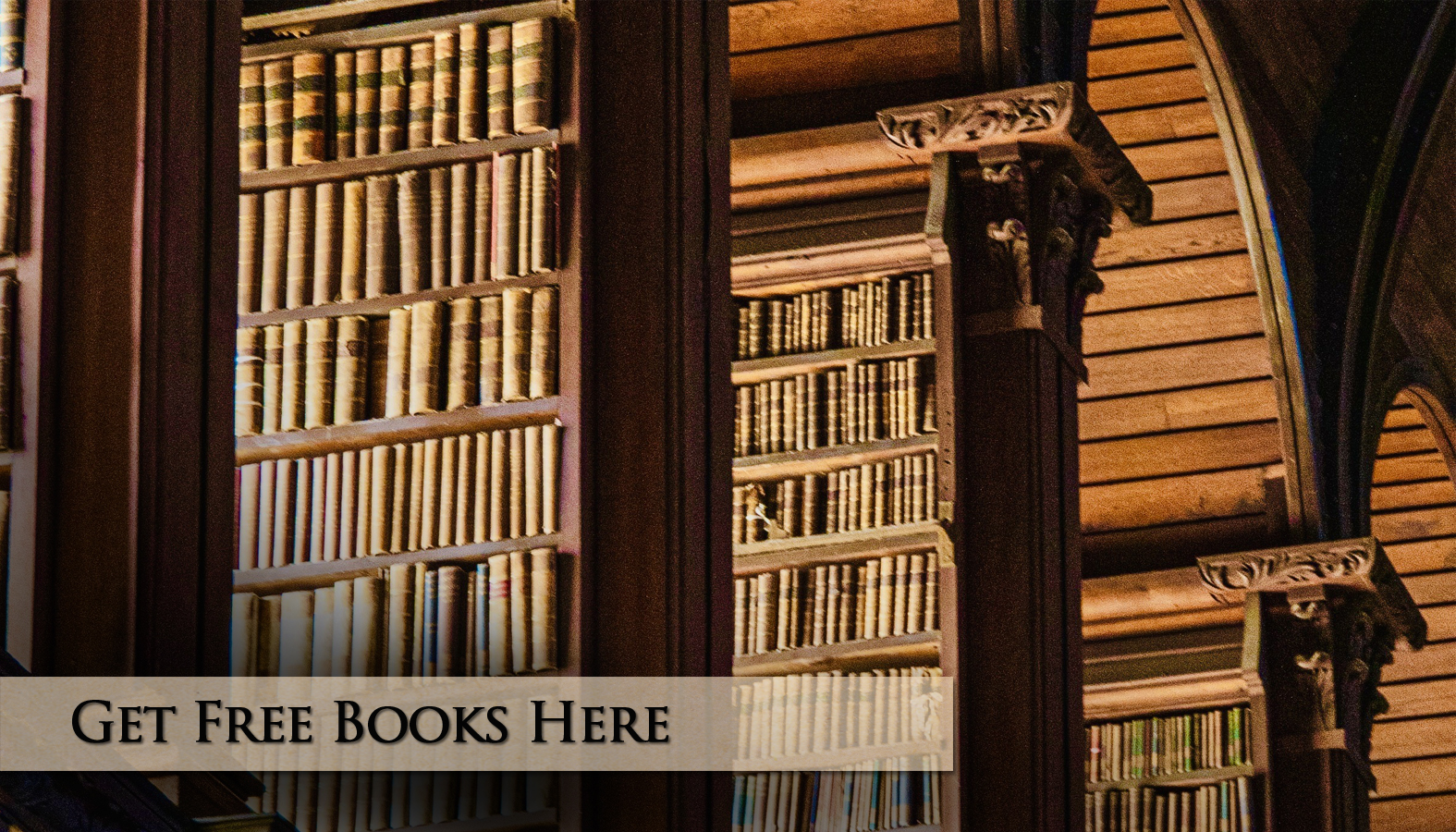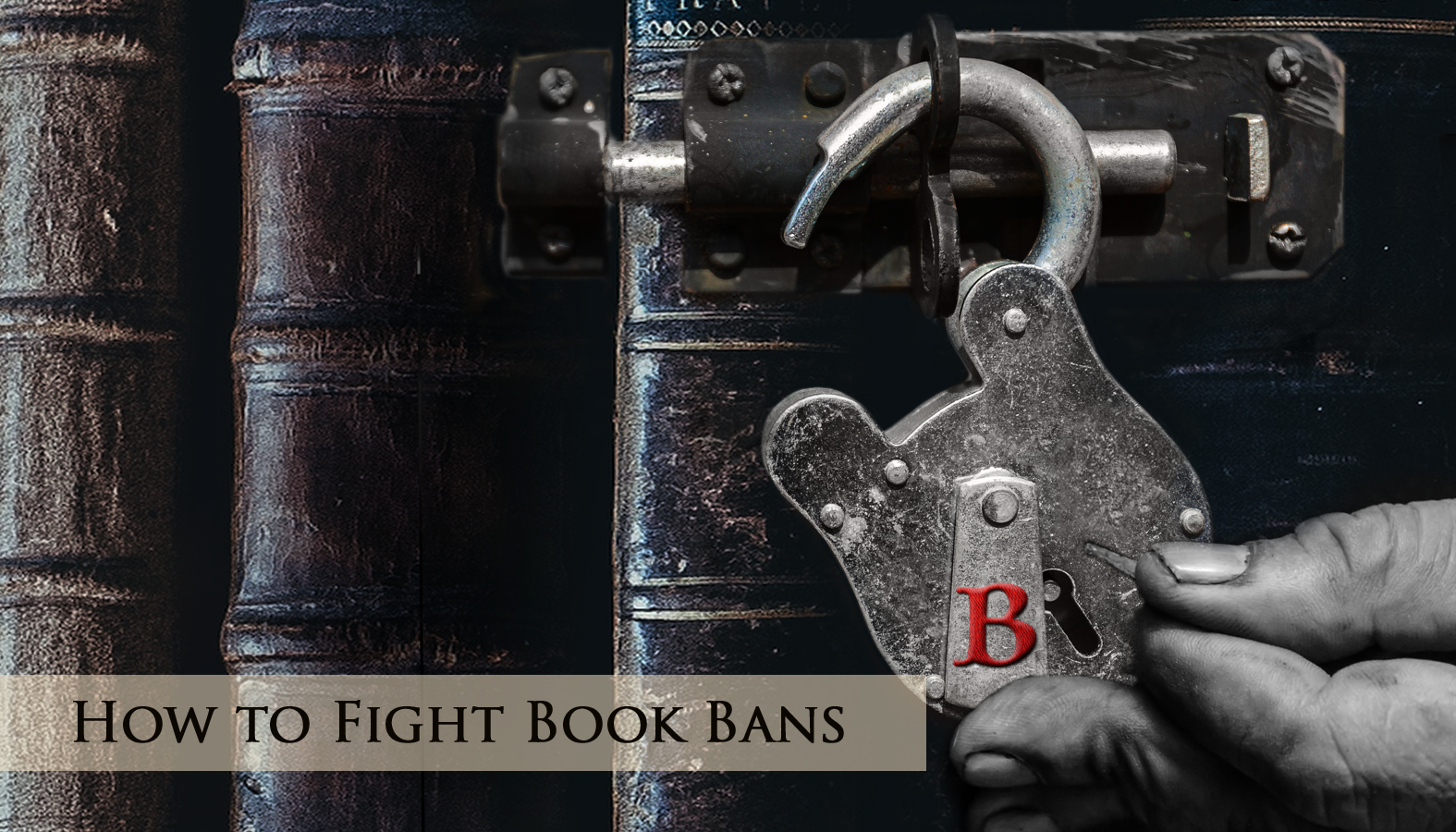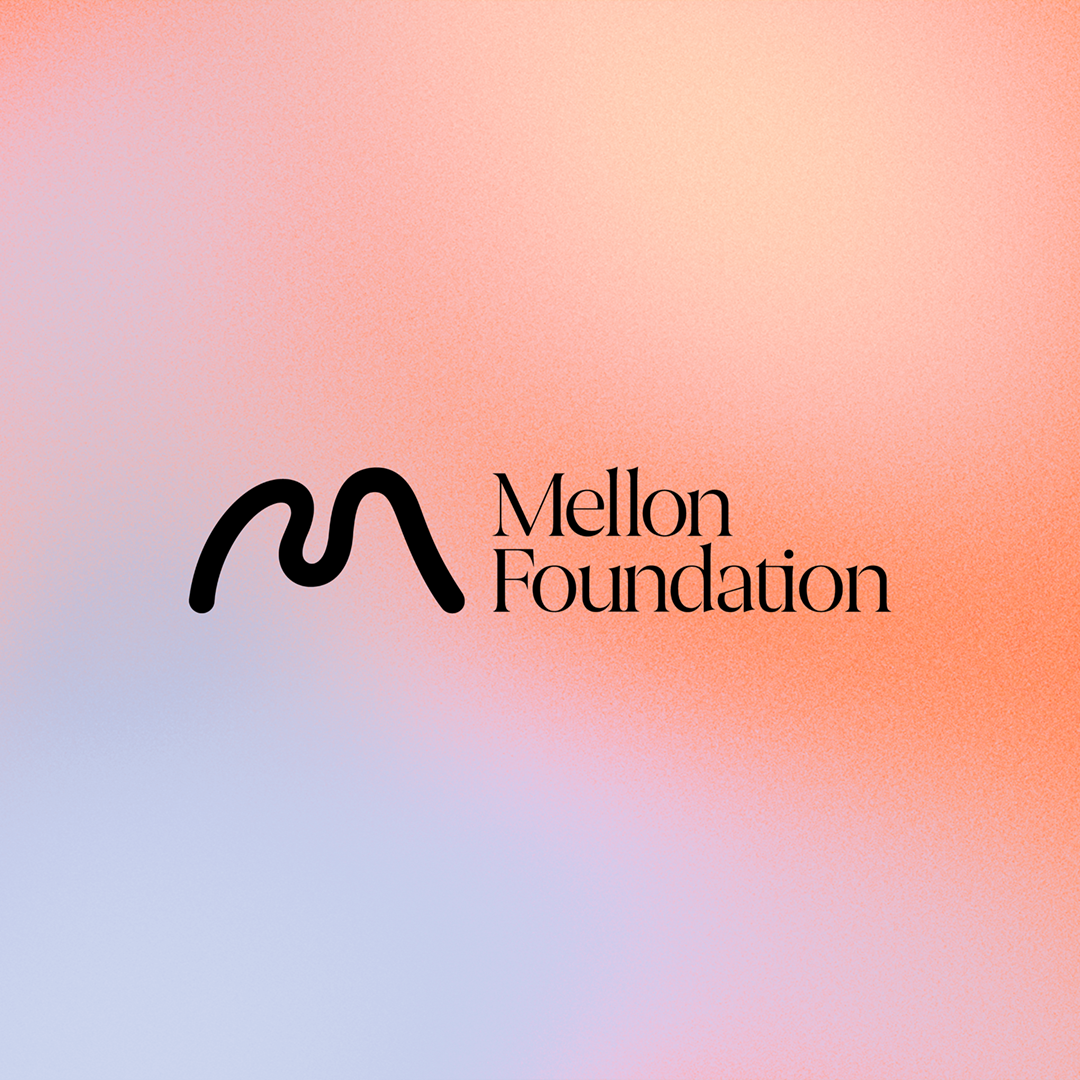Power of Books Author Series: Jamie Jo Hoang
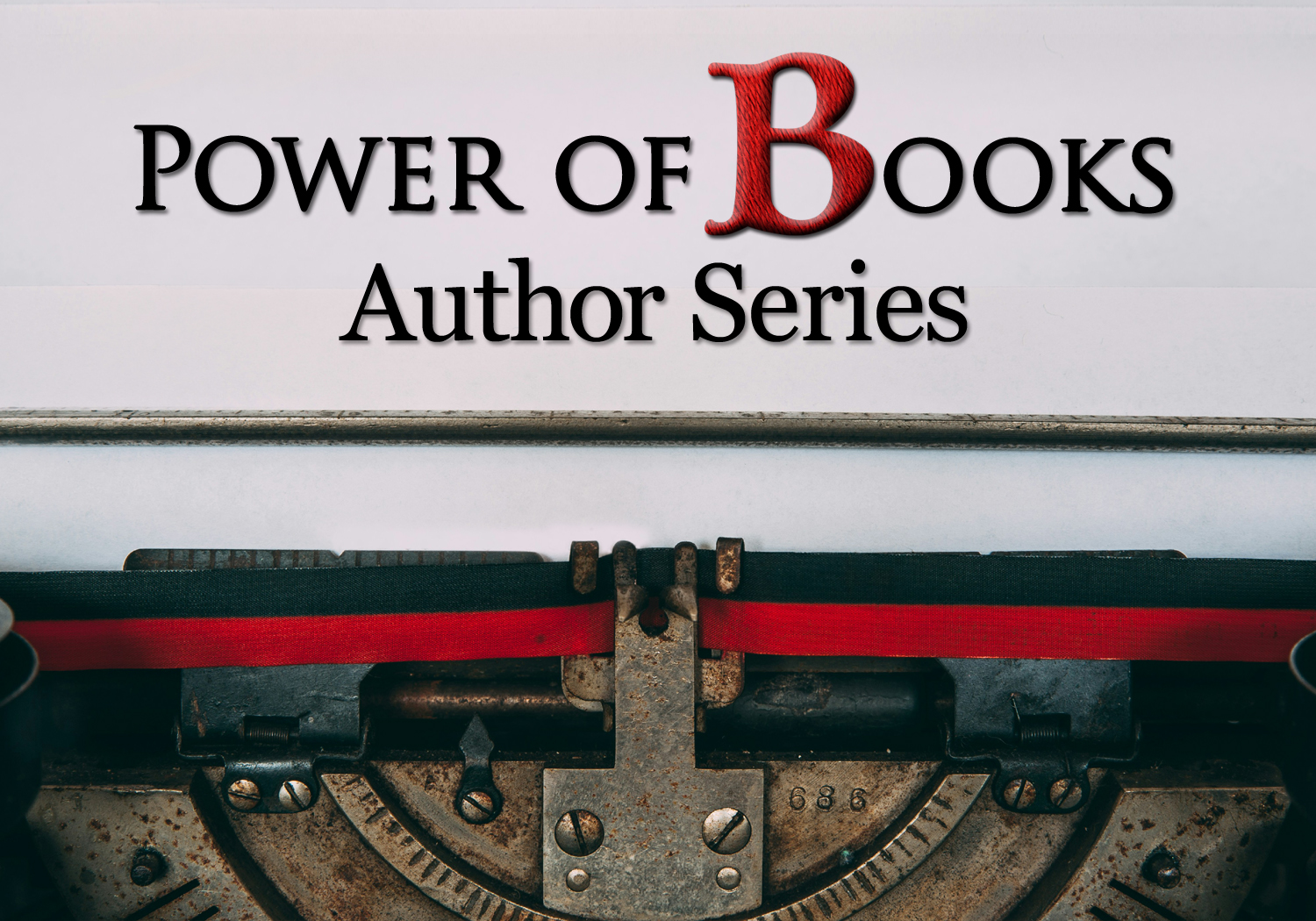
![]() I
I
n this edition we talk with Jamie Jo Hoang, author of My Father the Panda Killer. We touch on generational trauma. And, how books engender empathy and understanding, which can help break the cycle of generational trauma.
Our freedom to read has been under assault for what seems like an eternity. And, the books being banned are consistently those of marginalized voices. Books with diverse characters, primarily characters of color and LGBTQA+ characters were overwhelmingly targeted. And continue to be.
And, the books being banned are consistently those of marginalized voices. Books with diverse characters, primarily characters of color and LGBTQA+ characters were overwhelmingly targeted.[1] And continue to be.
Throughout this collection of conversations with authors, we talk about the power of books, and the question of why it’s important for stories containing characters that have diverse backgrounds and life experience to be told.
In considering this vital question, we also touch on the dangers of restricting or erasing these narratives – what damage is being done when books about diversity are banned and reading is restricted?
Needless to say, each of the authors in this series brings s different perspective and life experience to the conversation, adding nuance and depth to the combined answer of why it’s important for stories about diverse lives to be told… as well as the dangers that arise when they’re expunged from our national discourse.
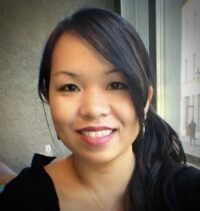 Jamie Jo Hoang is the daughter of Vietnamese refugees who grew up in Orange County, California — not the rich part. She worked for MGM Studios and later as a docuseries producer. Now she writes novels and blogs full-time. Her first novel, Blue Sun, Yellow Sky is a Kirkus Reviews Best Book of the Year. Her recent release My Father the Panda Killer, is a touching and insightful coming-of-age story told in alternating voices. The first is a California teenager railing against the Vietnamese culture of her parents. Her voice is juxtaposed with that of her father as an eleven-year-old boat person making the harrowing and traumatic refugee journey from Vietnam to the United States.
Jamie Jo Hoang is the daughter of Vietnamese refugees who grew up in Orange County, California — not the rich part. She worked for MGM Studios and later as a docuseries producer. Now she writes novels and blogs full-time. Her first novel, Blue Sun, Yellow Sky is a Kirkus Reviews Best Book of the Year. Her recent release My Father the Panda Killer, is a touching and insightful coming-of-age story told in alternating voices. The first is a California teenager railing against the Vietnamese culture of her parents. Her voice is juxtaposed with that of her father as an eleven-year-old boat person making the harrowing and traumatic refugee journey from Vietnam to the United States.
![]() .
.
As an author who is the daughter of Vietnamese refugees and grew up in Orange County, California, I feel that it is important to highlight the diverse perspectives and experiences represented in literature. This includes the works of bipoc authors and biopic books, which can shed light on underrepresented communities and offer insights into different cultures. — Jamie Jo Hoang
Your book opens with a statement that this is not a history lesson. Obviously there’s a lot of history in there though. As you point out, most histories are basically a delineation of military conquest, that it’s about the generals and the soldiers. So, I like the quote by the musician Sun Rah, “history is only his story. You haven’t heard my story.” Your book fills out a people’s story, not a military story, and I really like that. Bearing in mind that we don’t hear people history, as it were, why do you think it’s important for stories like the one you wrote to be told?
.![]()
Honestly, when I was learning about the Vietnam War in school, I never saw my family in it. When I was looking at the images that were in our history books, and the contextual history and dates of when things happened, I didn’t see civilians. I didn’t see my parents. I didn’t see their story.
Growing up, I watched a lot of World War II movies, and I remember this one movie, Life is Beautiful. I remember watching it and thinking this film really captured the Italian essence within a war movie. Within the context of this enormous tragedy, they were able to capture the essence of a people.
And that has always been my goal, to show that there may be two sides within wars, but both sides are human beings. Behind every bomb and bullet are ramifications for what happens after the war. And that’s really important to talk about.
I really wanted to highlight that, when we talk about history and war. We so rarely include the human story, the civilian story. That’s why this book is really important to me. And it’s why I wrote it.
.
It’s true. We very seldom hear about the fallout of war, you know, the after the fact. My experience in history class was the same – dates, military, what new tools we used in this war. History is a social science, but we don’t really get the social part of that science most of the time. So, thank you for that.
I like the idea of you saying you put more information in the pot of knowledge. It’s so important for us to see each other as people. Not with big holes in our knowledge. Or to stick with your metaphor, when we have a thin stew it’s easy for us to look at each other as Others, or with a lack of understanding.
And not even the way you talk about your “fobby” cousins (fresh off the boat), that’s one thing. But then there’s the extreme idea, like that mom in your Times article… “my daughter can’t have lunch with your kind.” That just, I can’t put a word on it, but that makes me crazy.
I’m obviously coming at things from a banned book perspective. Yours has not been banned, but a lot of the books being banned right now are discussing topics like the ones you write about. And bearing what we had just said in mind, what dangers do you see in banning authors of color, or anything that’s uncomfortable? What’s the danger of having that thin stew or the holes in our knowledge?
![]() .
.
Well, it’s a tragedy to lose every book we have that adds a piece to the puzzle. In life we never really get the full picture, but each tiny puzzle piece helps us empathize with the human condition and each other. Books about color and differences bridge the gap between us, right?
I might not be African American, but when I read about an African American story, it becomes a journey. That’s what I hope people will get from my story as well. “I understand this person so much better through this book.” When we remove these books from shelves, we take away the opportunity to connect with people in a very kind deep and visceral way. I get chills almost, because it’s painful to think that all of the information you can acquire from a book on a shelf is no longer available.
People often talk about how books are their friends. To be able to walk into a library and really learn about somebody through the course of 250-300 pages is a powerful thing. And, the removal of it is so painful because you’re really erasing people. You’re, erasing humanity by taking out the best parts of it.
.
Well said. Boy, you pinpointed it. You’re erasing people when you ban books.
On a similar note, when you talk about your grandma pointing out that it isn’t government who does the cleanup after the fact, would you then say that addressing generational trauma is part of that cleanup? It isn’t just buildings and roads, it’s ordinary people, authors like you, authors addressing other similar forms of trauma. They’re the ones doing all the cleanup. Would you speak to that?
![]() .
.
Growing up, I don’t think I really understood what generational trauma was because my parents were so focused on survival. They were focused on creating a life for us in this new place, that everything I was taught growing up was really about how difficult their journey was and how lucky I was to not have gone through what they went through.
What was really important to me, was to show that their trauma does get passed down and they’re completely unaware of it. It makes sense. If people don’t have time to process their trauma – which I do believe is a luxury for a lot of people who endure wars – the ramifications of that become pretty clear.
Jane’s story is really meant to highlight how one generation’s trauma gets passed on to the next generation. If we don’t bridge this gap between each other, we just continue to pass it on. There’s a moment at the end of the story where Jane slams the door on Paul’s hand, and that was very difficult for me to write because it’s such an honest moment. When you are someone who’s been abused and then you abuse someone else, you feel the power in that.
There’s a moment when you really have to make a choice and decide, am I going to continue this or am I going to make a change? This book is really about how we make shifts. I think the way each person comes to that shift is different. So, it was really important for me to highlight that. Jane’s not perfect, and she can’t expect her parents to be perfect. But she should absolutely look at the things they’re doing that are not right and course correct. That’s how we learn. That’s how we grow. And, I think that’s how we break the cycle.
.
I will say not having your life experience, reading your book really crystallized the idea of exactly what generational trauma is, and the forms it showed. It always made sense intellectually to me, but as we said earlier about reading a book and actually getting to know a person, there’s an emotional connection. Your book really made that click for me. Thank you. And I get it now beyond just intellectually. I get it empathetically, which is where change really happens. From the heart, and that’s what it takes to make the change really happen.
![]() .
.
Thank you for saying that.
.
I really appreciate generational trauma being clarified for me. So thank you. It also me realize that it isn’t limited to individuals or families either. We can apply what you just said to our entire country. I mean the history of our country, the ramifications that we’re still dealing with as a result of slavery. So many people I know feel like that was so long ago. Just move on. But that’s not so easy.
Or, let’s call it what it is, genocide of native Americans. And yet again, those are the books that are being targeted so often because we don’t want kids to feel bad, you know? Am I wrong in drawing that parallel? Do you see that parallel as well?
![]() .
.
I think that’s absolutely true. It goes back to erasure. If you can pretend it didn’t happen, if it doesn’t show up in text, then it didn’t exist. That’s really the danger in having history be told by a select number of people — it’s extremely dangerous because that’s what propaganda is.
It changes what the truth is so people are not aware of what happened. It’s why people today often say things like, “slavery was so long ago, why are we still talking about it?” We’re still talking about it because, obviously generations of slavery leads to generations of trauma, and we never corrected it.
I think we’re trying, but in many ways we’re failing. There are people who are really pushing for progress, for real change. And I do think we can get there. I am a hopeful person. I definitely think like there’s a path, but we cannot get there if we erase the history.
We cannot get there if we take books off the shelves and people don’t understand why this or that is happening. Things don’t make sense without context. And, if you remove the context, it explains why we don’t understand something as basic as thinking “aren’t we all equal now?” when we’re clearly not.
.
Absolutely. And what’s the line? It doesn’t take bad people doing a lot. It just takes good people to do nothing for awful things to continue… whatever awful thing you’re talking about. So, if you can make “good people” that a given injustice happened long enough ago, and we should just move on, there’s no progress. And, if they’re missing the information, they don’t understand why just moving on isn’t possible. That’s, the frustrating part about book banning.
![]() .
.
I also think that when you really connect with people on a human level, race doesn’t matter. When it comes down to war and we’re talking about lives on either side, people who have knowledge of the other side will empathize with these human beings. That’s how we teach ourselves war is horrible and we should not enter into it. Dehumanization of the other is how we teach people that war is okay. It’s how we rally people into doing atrocious things they would never do to their friend.
When you find a friend in a book, you cannot do these things. You just couldn’t. They become a part of you. They’re your friends. They are your neighbors. They become your companions. You would automatically think, no, I cannot. I’m not going to kill my neighbor. I’m not going to kill my friend. That’s the power of books. And, if we remove the books, we are in danger of creating larger divides. It takes us backwards, and we just can’t do that.
.
That’s why I’m at least giving it a shot with This Book is Banned. I may be one tiny individual, but I can align with the American Library Association, for example, they’re big. And if you get enough of us coming together, it makes a difference. Because it’s like accretion — small particles accumulate and come together to form a larger mass. And thanks for talking to me and helping make that happen.
![]() .
.
I completely agree. When people feel that, as an individual they can’t make a difference, we get into trouble. Because each person really does make a big difference. It’s like Pointillism — each dot is essential to the whole picture. Without every dot, the picture doesn’t exist. Each person is a dot, and a point of view. When we collectively come together, the image is amazing. So… each point matters.
.
Yes. Each point does matter. And if you talk to enough of the people at the American Library Association and other like-minded, as you said, it’s hopeful because we all know that. And that’s the work that needs to be done at the moment. Because, like you said, leaving holes in our history is just propaganda.
I don’t know whether that was intended to be an explicit message from your book, but it’s certainly one I saw how toward the end. You say this family was broken in half – in Vietnam. One part of the family listened to the propaganda of the North, other parts of the family listened to the propaganda of the South.
And look what happened to them, the country, and now the generational trauma that’s the fallout from all of that. So yeah, it’s, an alarm for current events. Is there anything I missed or did I get anything wrong on the questions?
![]() .
.
I don’t think so. One thing I really try to talk about with this book – when people look at it in classroom settings or talking about it in book clubs – something I would really love to see is a discussion about whether or not people think Jane should forgive her father.
My point of view in the book is obviously that Jane builds this bridge of empathy. But I think a great discussion is still to be had about some people deciding that personally they can’t, that they need to sever ties. That doesn’t mean not understanding the history, but I think some people would choose to protect themselves and choose differently than Jane.
And that’s okay too. That’s why this book is just one book in a giant pot of books that I would love to see. Because I really believe there is no no single path to healing. I would love to see a book that takes a similar experience and handles it differently, but comes out whole and happy. We should have open discussions about the different ways we can heal — that there really isn’t just one.
.
Very true. The knee-jerk reaction for an awful lot of people is that of Jackie’s character: “Oh, this must stop” without understanding, once again, holes in the information. A shallow level of understanding is another way to put it. Then, as with any good book, the more you think about it the more you see all the really subtle connections that you make, it’s well done.
![]() .
.
Thanks for noticing that.
.
That’s one thing I try to do. Because… it’s true that over the last book banning has become explicitly political. But it’s easy to rope people into banning books when, I think it’s safe to say, so many people read simply for plot – at a pretty shallow level. Not because they lack the ability. But because they haven’t been taught how, and why it’s important, to read more deeply that plot.
What’s underneath the water of that proverbial iceberg is often making book banners’ point for them. You know, “there shouldn’t be such violence in the world, and children shouldn’t have to go through this.” That’s right. And, that is what’s under the surface. So, I do readings of books that’ve been banned, interpretations that address what’s under the surface.
Needless to say, I don’t want to any of your works on a banned books list. But, I’ll choose a book, talk about why it was challenged, and address those very issues in the reading.
Take Salinger’s classic, The Catcher in the Rye, for example. “Teenagers shouldn’t act like that and engage in these types of behaviors,” is frequently cited as a reason to remove this book from shelves. And I agree, Holden Caulfield’s behavior is problematic. But writing about a particular behavior, doesn’t mean the author is endorsing it.
The questions that don’t get asked in book banning situations is: Why does this character engage in this unacceptable behavior? And, what point is the author actually making? But in order to consider these questions, you have to understand that there’s more to a book than it’s plot. And, again… this scenario isn’t due to a lack of ability. It’s because, by and large, we aren’t taught how to read beyond simple narrative.
![]() .
.
Yeah. Books are very personal. So, what connects with one person might not connect with someone else. This is why we should read widely, because so many books cover similar topics. It may just take finding the right author who, for whatever reason, you really connect with. One who allows you to fully understand the same point another author might have made, but you didn’t connect with in the same way.
Having a mass of information allows you to find books and authors you connect with, those that give you the framework for understanding things, points you might not understand if they were presented in a way you don’t connect with. That’s why removing any book from the shelf is so frustrating.
.
Right. To your point, Sandra Cisneros describes books as prescriptions. As with medicine, not every prescription is for every person. So if this is not your prescription, put it back on the shelf for someone else and find the one that is your prescription.
![]() .
.
Yes. Can I ask you… how did you get to this point? What led you into creating this whole career for yourself?
.
I was working on my Doctor of Liberal Arts degree, and began to see the implications and significance of literature – and how important it is to really learn to read it. So, for the reasons we talked about a minute ago, I decided to address book banning.
And, I could do it in a way that supplies resources for middle-school and high school students. Teachers are absolutely heroes. But, they’re hamstrung by state achievement tests and a focus on comprehension, grammar, and spelling… all of which are important, of course. But reading for what’s in the bottom of the literary iceberg gets limited because of testing requirements, as well as the multiple-choice way these tests are structured.
I also want to keep This Book is Banned, and the resources on it free. Because lack of funding is another way teachers are hamstrung. So, that’s where I ended up, and I’m really pleased that you’re helping me move that ball forward.
![]() .
.
Well, thank you. And thank you for the work you do. Your work is really important. I think it’s vital and I am so appreciative.
.
I know you’ve got a busy day today getting your next book going. Is it your third book? Any projections on when that might happen?
![]() .
.
We’re talking about the spring of 2025.
I’ll definitely keep my eyes open for it. And thank you again for making time to chat about books, and why they’re so important.
Be sure to see what the other authors in our Power of Books Series
have to say about the importance of books:
Federico Erebia,
author of Pedro & Daniel
Dr. Michael Datcher,
author of Harlem at Four
Edward Underhill,
author of Always the Almost,
and This Day Changes Everything.
Ryan Estrada,
co-author of Banned Book Club,
and Occulted
And for all you educators, download this My Father the Panda Killer Discussion and Project Guide.

#Power of Books Author Series #Jamie Jo Hoang #Vietnam War #Women’s History Month #The Art of Reading
.
Share This Post, Choose a Platform!
.
Endnotes:
[1] Bruinius, Harry. “Banning Books: Protecting kids or erasing humanity?” October 6, 2023. The Christian Science Monitor. https://www.csmonitor.com/USA/Society/2023/1006/Banning-books-Protecting-kids-or-erasing-humanity
Rado, Diane. “In 2024, more censorship and bans: FL, TX removing large batches of books in public schools.” December 21, 2023. News From The States. https://www.newsfromthestates.com/article/2024-more-censorship-and-bans-fl-tx-removing-large-batches-books-public-schools
Unite Against Banned Books 2023 Censorship Numbers.
Images:
Power of Books: Photo by Glenn Carstens-Peters on Unsplash Edited: Added Power of Books Author Series text.
Jamie Jo Hoang: Dust jacket of My Father the Panda Killer.
Cover of My Father the Panda Killer.
FYI:
This Book is Banned participates in the Amazon.com affiliate program, where we earn a small commission by linking to books (but the price remains the same to you). This allows us to remain free, and ad free. [Our privacy policy]
Share This Post, Choose a Platform!
Stay in the know about what’s in our treasure trove of literary goodness. And, get your free Discover Everything a Book Has to Offer packet.

